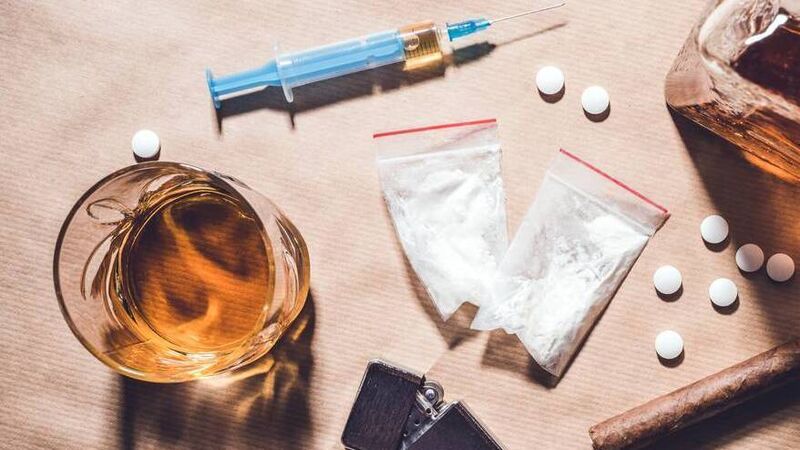More funding needed to address 'escalating addiction crisis', warns recovery group

In its pre-budget submission, Tabor Group said the need for addiction treatment services in Ireland has reached crisis levels, exacerbated by the lingering effects of the covid pandemic.










